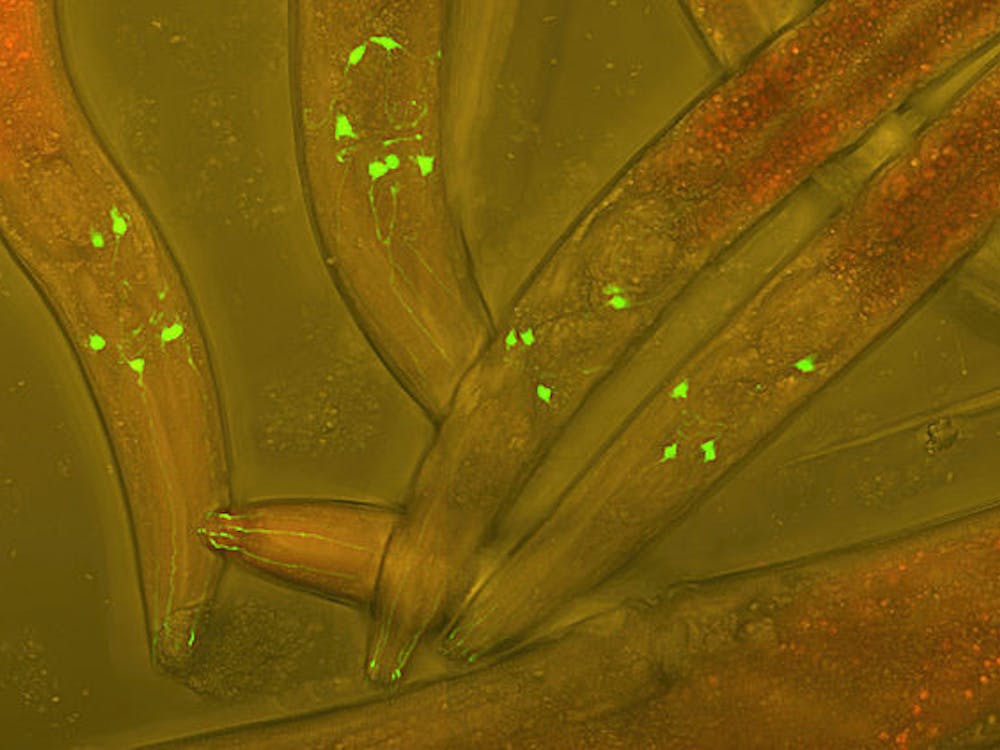Coronavirus lowers Apple’s revenue
On Monday, Feb. 17, Apple released an investor update that announced that the company’s global supply of iPhones will temporarily diminish, and that many stores have closed in China as demand for products in the country has decreased as a result of the public health emergency surrounding the coronavirus.
The closure of stores in China has negative implications for product manufacturing, and Apple’s investor update noted that the supply shortages are expected to affect their international revenue.
The impact of this announcement on Apple’s new product development remains unclear, but rumors remain of new product launches, such as a cheaper follow-up to the iPhone SE and iPad Pros equipped with higher quality cameras, in the first half of 2020.
Bacteria able to generate electricity
Researchers at the University of Massachusetts Amherst have found that certain bacteria are capable of conducting electricity. The study, which was published in Nature, found that some bacteria make “nanowires” out of proteins that they use for electron transfer, and this process of transferring electrons creates a small electrical current.
The nanowires are capable of absorbing humidity from the surrounding atmosphere and can produce incredible amounts of power – 17 nanowires linked together can power an entire cell phone.
Researchers are looking to harness the electrical current produced by bacteria’s nanowires as clean energy, but the field of microbiology has currently had mixed success on this topic.
CT scans and 3D printing used to resurrect the voice of
ancient Egyptian mummy
Researchers affiliated with London’s Royal Holloway college and the University of York recently published findings in Nature’s Scientific Reports on their innovative use of CT scans and 3-D printing to reveal what the voice of ancient Egyptian mummy would have sounded like.
The voice was that of Named Nesyamun, a 3,000 year old mummified ancient Egyptian priest. The scientists molded the mummy’s vocal tract using a 3D printer and connected it to an artificial voice box, which replicated the noise that the the priest’s voice would have made.
Though it can make human-like groans, the replica voice box is incapable of forming coherent words. However, the authors of the paper indicated interest in enabling the artificial vocal tract to form coherent sentences in the future.
Jeff Bezos announces $10 billion donation to fight climate change
The world’s richest man as of 2019 announced the launch of the Bezos Earth Fund through Instagram on Feb. 17. The Bezos Earth Fund commits $10 billion towards fighting climate change by issuing grants to researchers, Non-Governmental Organizations and activists committed to tackling the issue of climate change.
This announcement follows Bezos’ “climate pledge” in Sept. 2019, where he pledged to transform his company Amazon by adopting entirely renewable infrastructure by 2030 and putting electric delivery vehicles on the roads by 2021.
Critics of Bezos replied to the announcement with skepticism and doubt of his motives, and criticized Amazon for continuing to take part in non-sustainable practices.
Though the $10 billion donation has been made, concrete developments on the part of the Bezos Earth Fund to fight climate change have yet to manifest.




